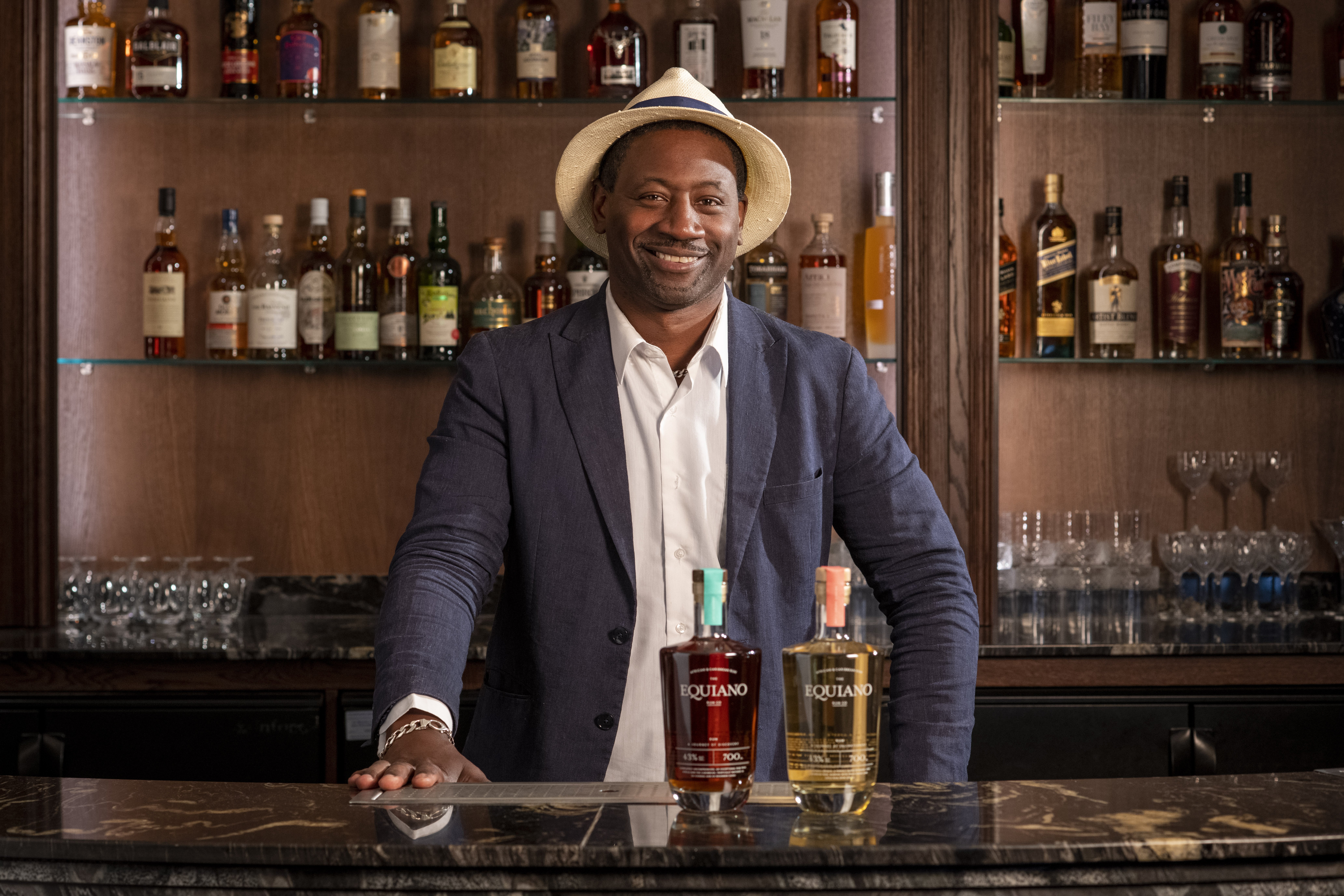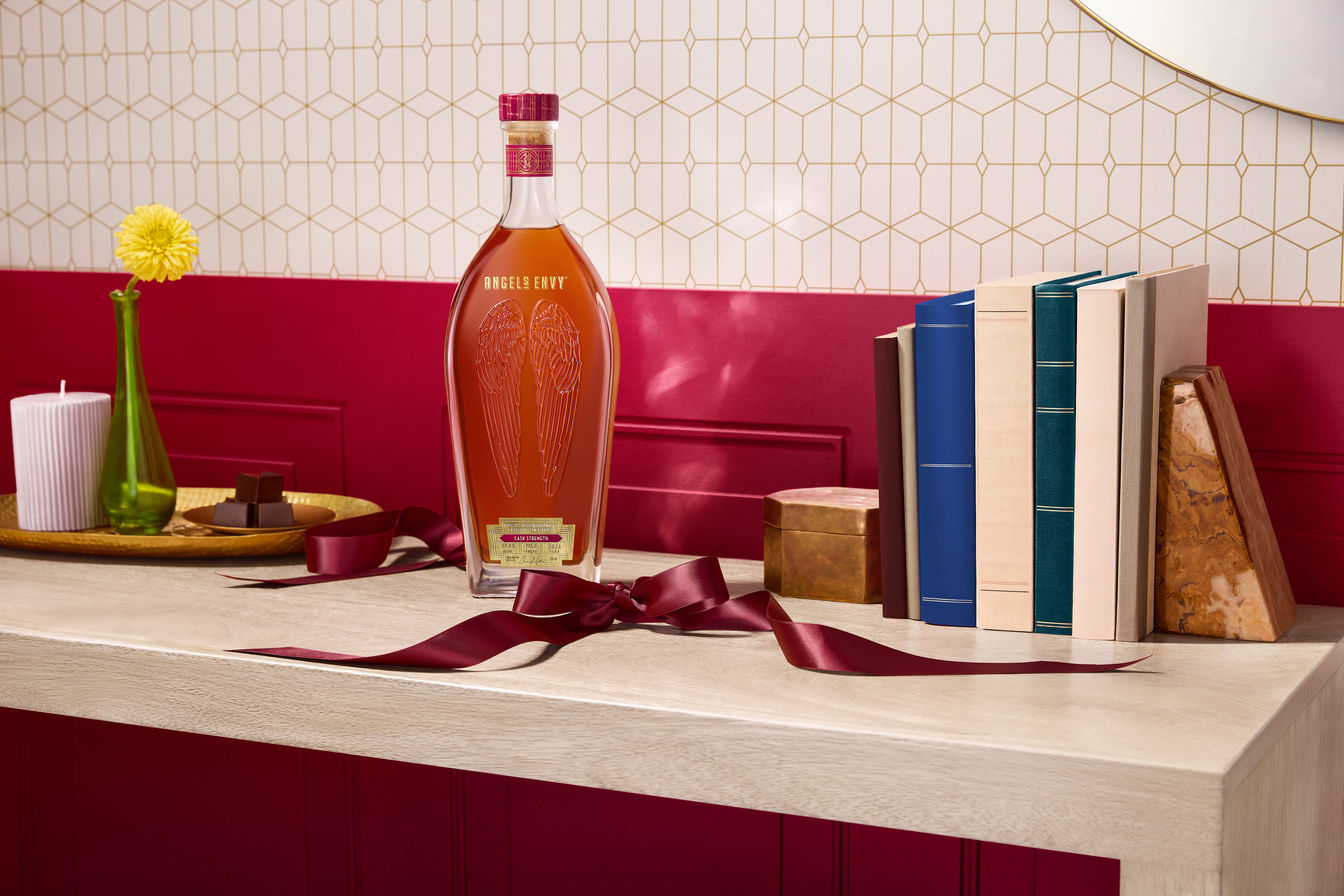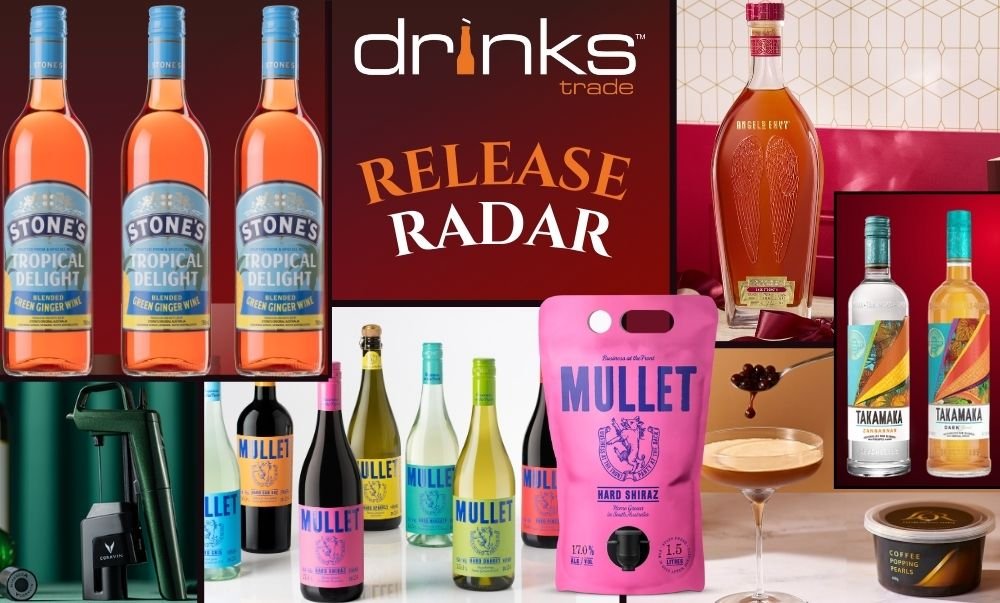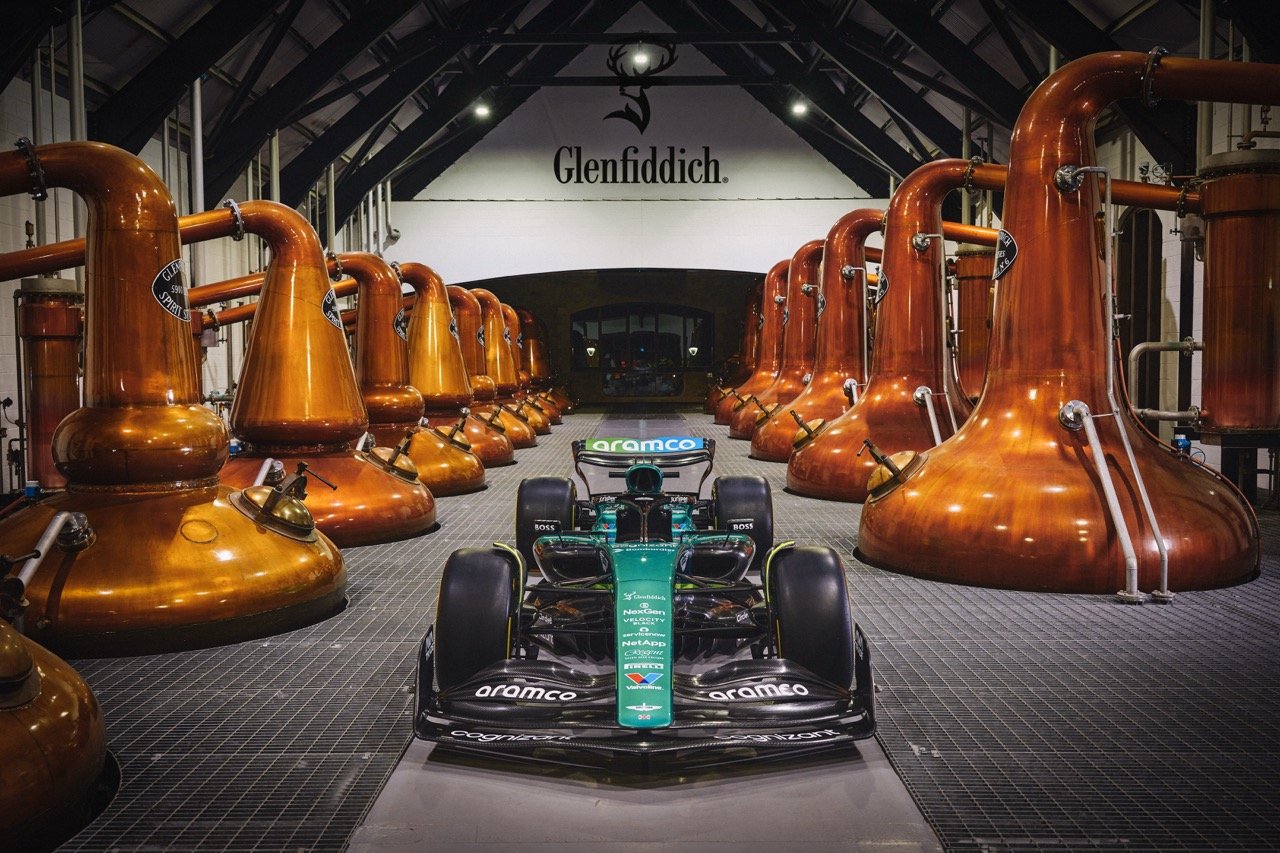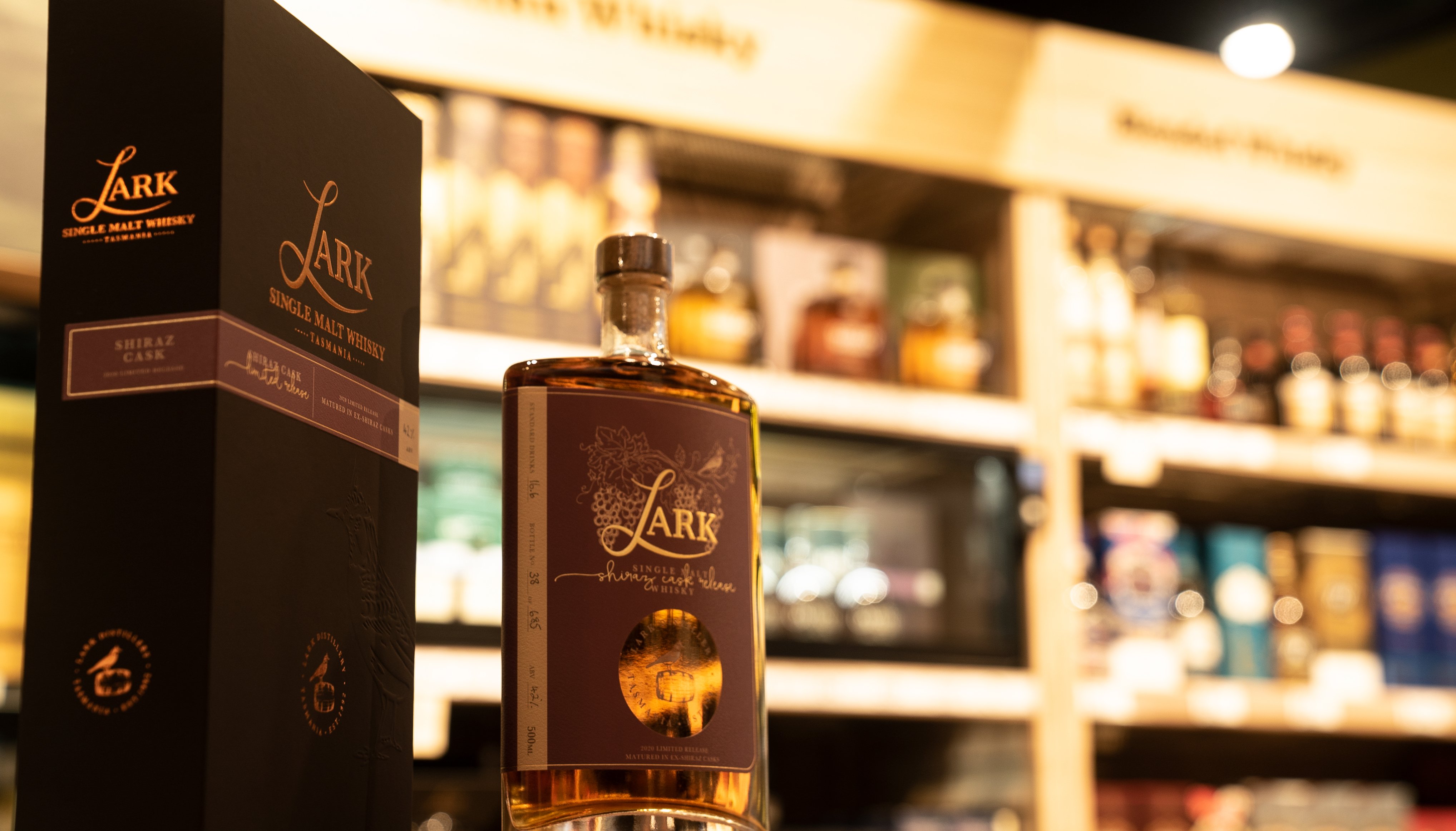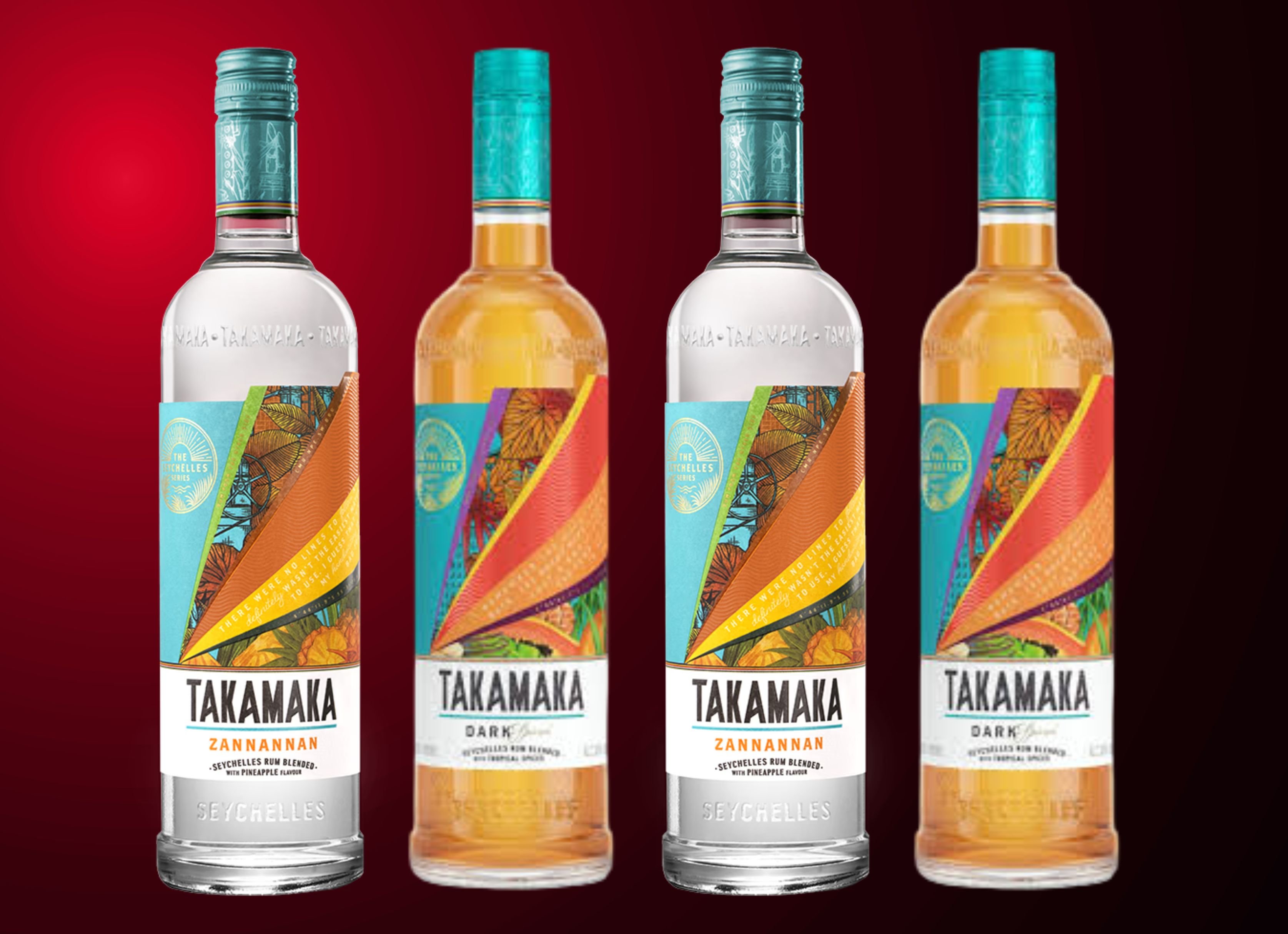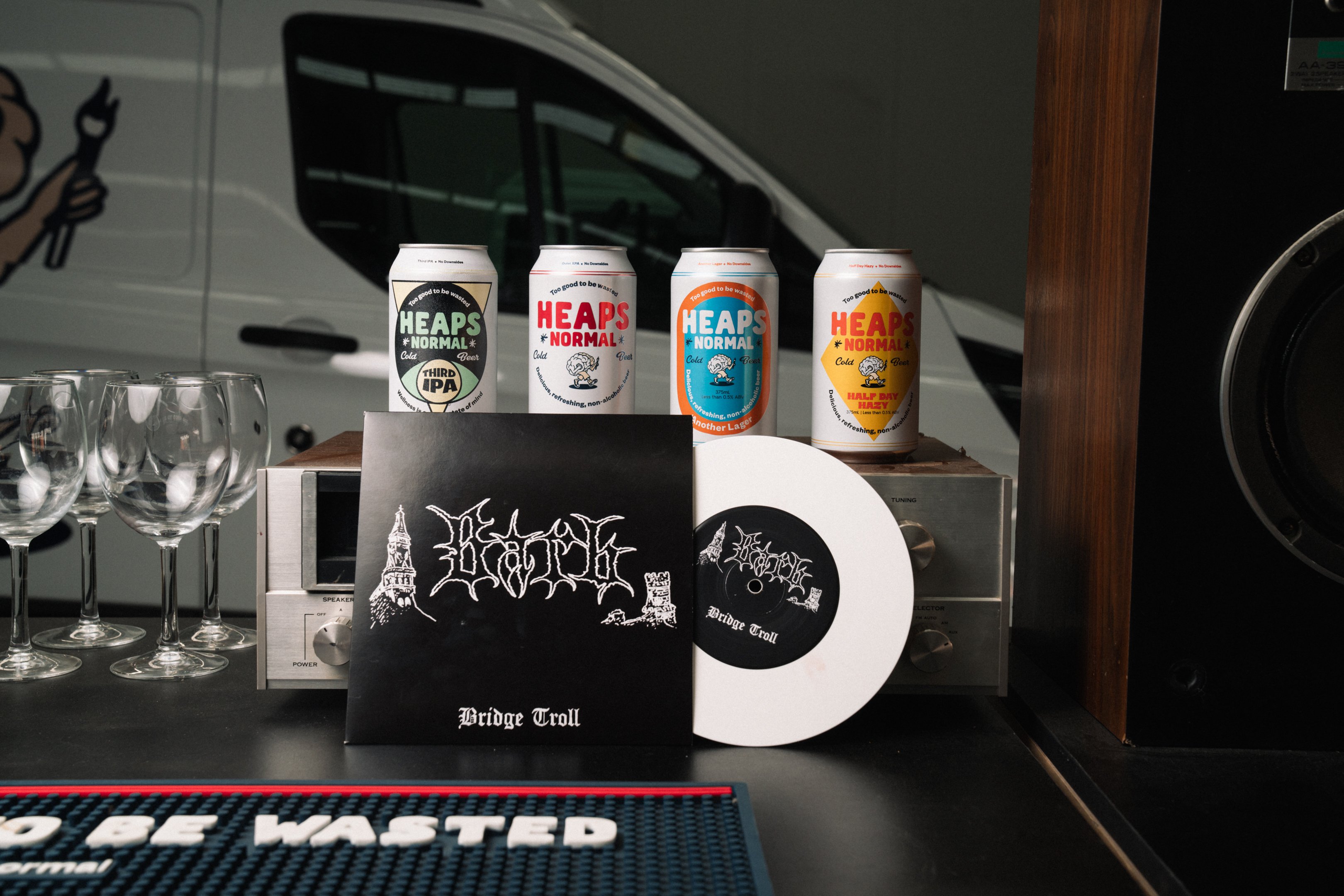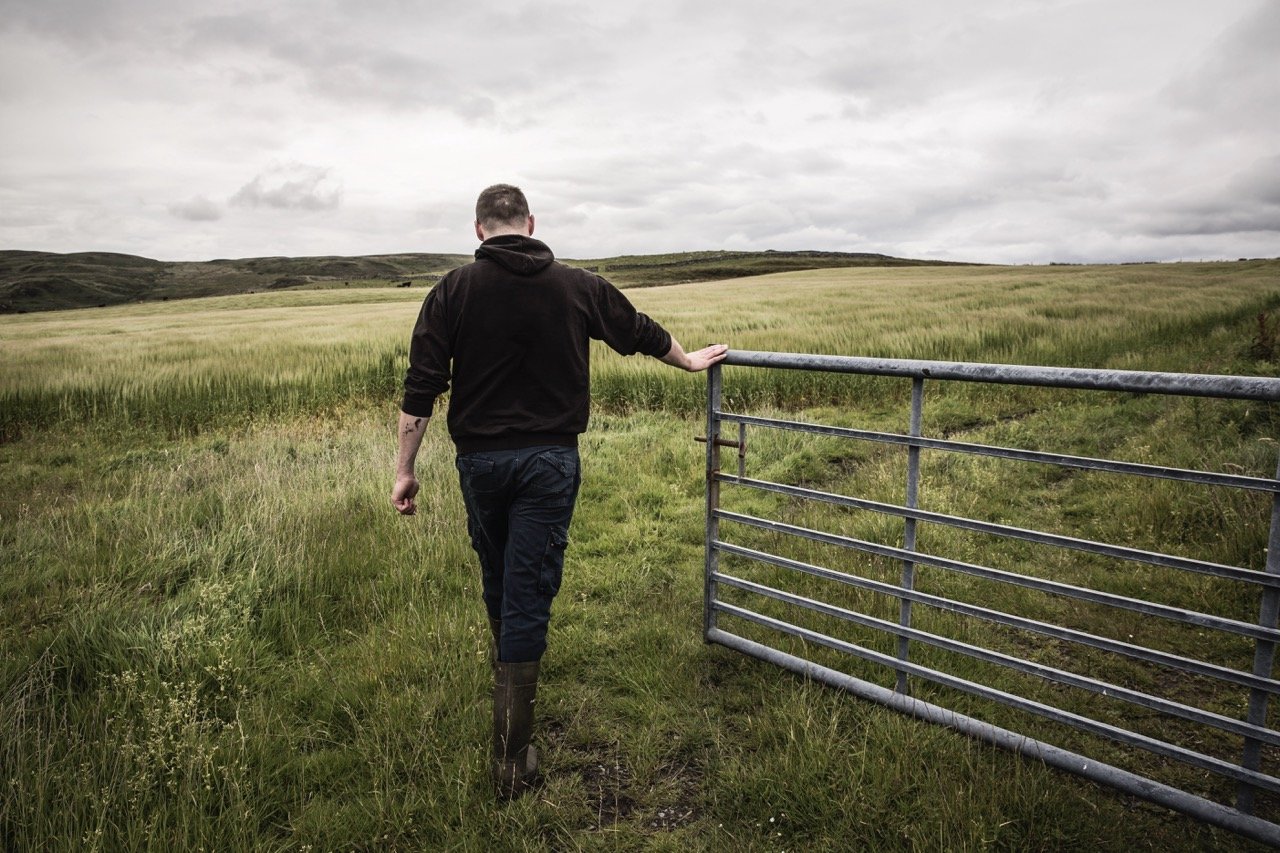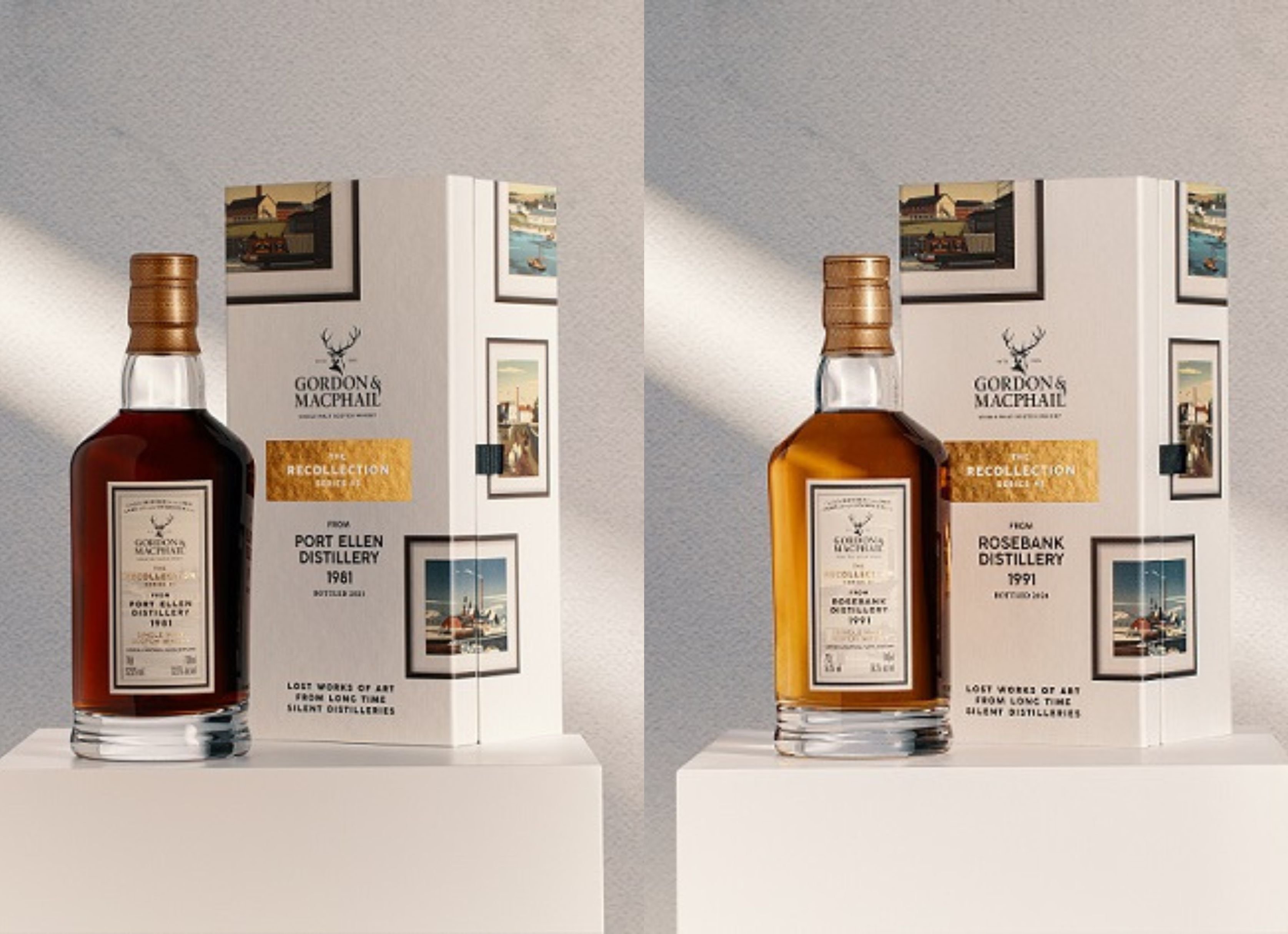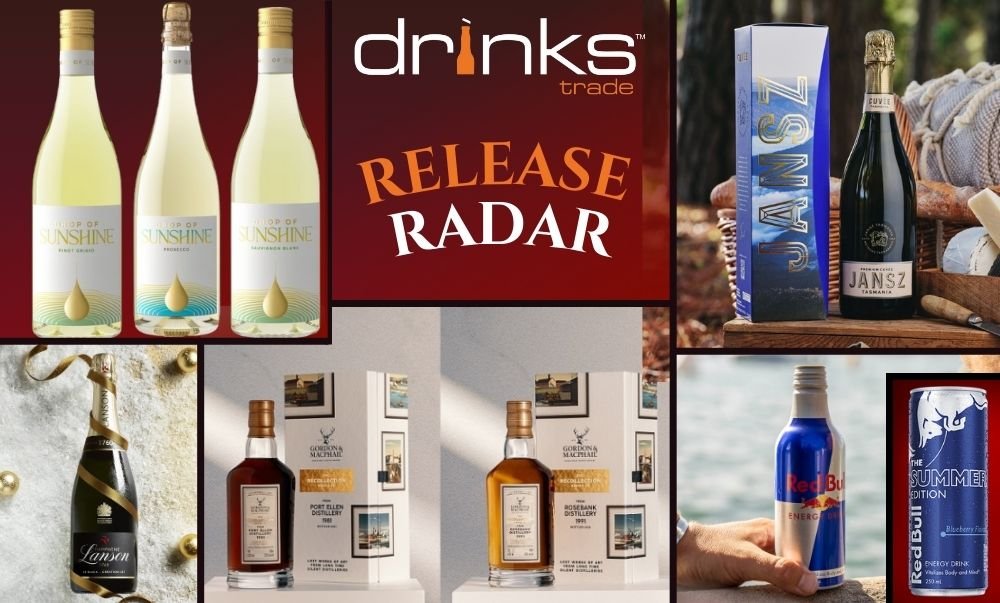Ian Burrell is a man that needs little introduction. The world’s only recognised Global Ambassador for rum, Burrell has a resume that spans working with more than 25 clients, creating the world’s first international Rum festival, regularly educating about cocktails on the UK’s Sunday Brunch TV show, and, more recently, launching his own rum brand and debut book.
Drinks Trade caught up with Burrell during his brief stay in Sydney where he has been helping to raise awareness for Reàl Infused Exotics, a fruit syrup brand owned by American Beverage Marketers. Drinks Trade took the chance to discuss Equiano Rum Co’s debut release - a world-first blend of African rum (Gray's Distillery of Mauritius) and Caribbean rum (Foursquare of Barbados) - ahead of its upcoming release to the Australia market.
Drinks Trade: You’ve been in the industry for more than 30 years… What has motivated you to start your own rum brand now?
Ian Burrell: When it comes to rums, I've helped create many, many brands for some of the bigger companies, but I've always wanted to maybe create my own brand or have more of an influence of a brand trajectory into the rum world.
Equiano - which is the name of the rum brand, the world's first African and Caribbean blended rum - is something we're looking to bring into Australia; we're in 30 countries at the moment... Actually, [Equiano is] officially, or beyond officially, into Australia pretty much in the next few weeks. It's just on the sea at the moment, heading from Barbados to Australia.
DT: Can you explain the decision to blend African and Caribbean rum together for Equiano?
IB: When I talk about the rum categories, I always focus on the geography of where they're made, because rums sometimes get thrown into a melting pot; it's like all rums are just white, gold and dark, [but] the importance of where a rum is made will add to the flavour profile and the style.
It's the same as what we do with whisky. Bourbons or American whiskies have that connection to America… Same as with Scotch whisky, same as with Irish whiskey. Rum has that, but it's never really promoted as much.
There are many islands in the Caribbean that make different styles, but there are many rum distilleries in Africa that no one's even heard of, so our job is going to be to use the notoriety of the Caribbean (so we make some of the best rums in the world, I'm very biassed, but they do), and help us to elevate some of the smaller African distilleries that we can use their rums and add to a blend.
DT: African rum is a fairly new category to the export market, at least in Australia… Can you give an overview of Africa’s history of rum production and how African rum differs to that of other regions?
IB: It's via the journey of sugarcane - the journey of sugarcane also echoes the journey of rum. Sugarcane has been traced back to 10,000 years, 10,000 BC in the Polynesias. They found sugarcane growing in the Polynesias and how it was transported from there to the African continent and then to Asia and then from Asia to Europe and then from Europe to the Americas, because sugarcane is not indigenous to the Americas even though the Caribbean said, yeah, sugarcane's from here. Columbus and his crew would have brought some sugarcane over in the late 1400s/early 1500s, cultivated sugarcane there on the island of La Española.
So sugarcane is not indigenous to the Caribbean, but it did travel all the way from Asia westward and ended up in Africa.
Of the 54 countries in Africa, I think it was about (when I wrote it out [in my book]) 60% that are growing sugar cane. Now you play to your audience. If your audience is not asking for rum or something deemed as rum as we see in other countries, then you're just going to use it as a local spirit, sell gallons of that, and then charge a premium and make it really cheap. So a lot of these countries are making sugar cane distillates, but not calling it rum - they'll have local names for them - but a few of the countries have been influenced by European countries or they've been colonised by Europe, so there is a ready-made market for them to sell their cane spirit or their rums that they make into places like France or into England, two main importers of rum from the African continent.
The different areas of Africa, the different countries making their own different types of spirits [and] different types of flavour profile, will help to promote their own GI, their own geography, and, of course, their own economy as well. So South Africa has their economy, [and] it's a separate country from Ghana, separate country from Mauritius, Madagascar, Seychelles (we're seeing rum from Seychelles now -Takamaka); you can see a lot of that going around, but they all have their own identity. That's a great thing about it.
DT: Where do you see African rum heading towards in the future and why did you choose Mauritius?
IB: I chose Mauritius as opposed to, say, South Africa, because their local rum was always local. It was a bit rough, but there's a couple of [regions] that have been influenced by Europe and the rest of the world and it's seen the growth of rum. They're like, we've got all this sugar cane here, let's start making quality rum. So it's going to take a bit of time.
I was in a distillery and I went down to work with Reàl in South Africa doing a bar week event down there, and on the way back from South Africa I stopped off in Ghana for the first three days because I went to visit a distillery there. There's a lady that lives in London. She's gone back to her family's land. They were making brandy, but now they want to make rum because they have all this sugar cane there and she knows there's a ready-made market for it. They've just started selling their rum to international brokers in Amsterdam. So you're going to start hearing about Ghanaian rum very soon.
There are a few other countries growing sugar cane, but they will get into the rum game. You'll hear more about African rum in the future.
The African continent, as a continent, has an abundance of wealth and is waiting to be tapped into, and rum hasn't really been exposed. Well, rum from that particular area hasn't been exposed to the rest of the world, but the category is growing, which we're seeing in all the figures.
DT: Do you feel as though combining African and Caribbean rum ‘muddles’ the sense of terroir?
IB: Good question. When we talk about our particular products, we actually specify which country they're from, so when you make a comparison, say if you have a Mauritian and Barbados rum, the next round we say Ghana and Jamaica [and] you'll have a different talking point/a different profile. It's almost like using maybe two types of grapes for a wine as such, and you're now talking about what that grape is bringing to the table, or even two types of barrels… We're using two different types of regions, but from those two areas, you can now compare a rum from Mauritius and Barbados, and then compare that with a rum from, say, Ghana and Jamaica.
Now, you might then say, well, you know what? I need to taste the Ghanaian rum by itself and the Jamaican rum by itself. I'm actually looking to sell three types of rums, Jamaican, Ghana and a Jamaican Ghana together. Whether it's our brand or someone else's brand, what it does is it helps these economies to grow, because that's the level playing field for a lot of countries in the tropics that make rum.
So the answer to your question is that journey of discovery: we want people to discover different types of rums from different regions, but they will never be able to do that if they're not led there. So that's the reason why we'll have Africa Caribbean, but then let people know it's from Mauritius and Barbados.
The Equiano Rum Co American & Caribbean Rum
Drinks Trade had the chance to trial the new release ahead of its upcoming Australian launch.
Our thoughts: “A harmonious and interesting combination of Agricole rum and sweeter/richer Caribbean molasses flavours. Quite dry, but balanced and not overpowering. Understated compared to normal Caribbean rum.”
Who’s it for: “Experienced rum drinkers looking to experience something new within the category.”
//
Today, Drinks Trade also talked to Ian Burrell, along with Bill Hinkebein and Stuart Carr, about the Reàl Infused Exotics premium fruit syrup product line now distributed nationwide by Southtrade. Content from that interview will be published to the website soon.
Interview: Producing world-leading rum with Diplomático’s Master Distiller and Blender
Co-Founder of female-led rum distillery reflects on diversity in Australian spirits
Share the content
